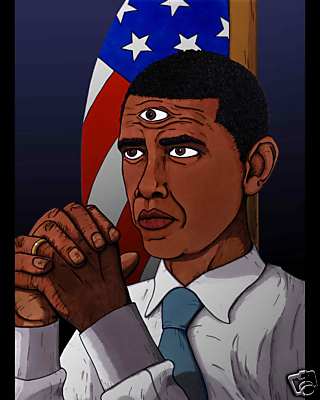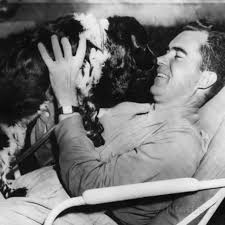Sigh.
At an event commemorating Martin Luther King Jr. Thursday, the general counsel of the Pentagon – Jeh Johnson – said that if King were alive today he would support the war in Afghanistan.
The remarks, reported by American Forces Press Service, are an unusual claim considering King’s lifetime commitment of fighting against what King referred to in his 1964 Nobel Peace Prize acceptance speech, the “three larger problems which grow out of man’s ethical infantilism: …racial injustice, poverty, and war.â€
Said King: “wisdom born of experience should tell us that war is obsolete. There may have been a time when war served as a negative good by preventing the spread and growth of an evil force, but the destructive power of modern weapons eliminated even the possibility that war may serve as a negative good. If we assume that life is worth living and that man has a right to survive, then we must find an alternative to war.â€
Nonetheless, Johnson said, “I believe that if Dr. King were alive today, he would recognize that we live in a complicated world, and that our nation’s military should not and cannot lay down its arms and leave the American people vulnerable to terrorist attack.â€
The Pentagon counsel noted that in King’s “I’ve Been to the Mountaintop†speech – his final one – delivered the day before his assassination at the Mason Temple in Memphis, Tenn,, King told the Biblical parable of the Good Samaritan who helped a man who had been beaten by thieves, after a priest and a Levite walked past him.
King noted that in the story of the Good Samaritan, it’s possible that “the priest and the Levite looked over that man on the ground and wondered if the robbers were still around. Or it’s possible that they felt that the man on the ground was merely faking. And he was acting like he had been robbed and hurt, in order to seize them over there, lure them there for quick and easy seizure. And so … the first question that the Levite asked was, ‘If I stop to help this man, what will happen to me?’ But then the Good Samaritan came by. And he reversed the question: ‘If I do not stop to help this man, what will happen to him?’
Rev. King, there to support a strike of sanitation workers, said, “that’s the question before you tonight. Not, ‘If I stop to help the sanitation workers, what will happen to my job?’ Not, ‘If I stop to help the sanitation workers what will happen to all of the hours that I usually spend in my office every day and every week as a pastor?’ The question is not, ‘If I stop to help this man in need, what will happen to me?’ The question is, ‘If I do not stop to help the sanitation workers, what will happen to them?’ That’s the question.â€
Johnson in his speech compared US troops to the Samaritan.
“In 2011, I draw the parallel to our own servicemen and women, deployed in Iraq and Afghanistan and elsewhere, away from the comfort of conventional jobs, their families and their homes,†Johnson said. “Those in today’s volunteer Army, Navy, Air Force, and Marine Corps have made the conscious decision to travel a dangerous road, and personally stop and administer aid to those who want peace, freedom and a better place in Iraq, in Afghanistan, and in defense of the American people. Every day our servicemen and women practice that ‘dangerous unselfishness’ Dr. King preached on April 3, 1968.
“Johnson is not without his knowledge of King – he graduated from King’s alma mater, Morehouse College in Atlanta, Ga., and attended school with Martin Luther King III.He acknowledged that Johnson acknowledged that King called violence “a descending spiral, begetting the very thing it seeks to destroy,†and that “returning violence for violence multiples violence, adding deeper darkness to a night already devoid of stars.†Johnson acknowledged that King made an “impassioned plea against the war in Vietnam†and “from that point on he questioned the whole rationale for war in general. From the gospel song ‘Down by the Riverside,’ Dr. King repeated the line: ‘I Ain’t Gonna Study War No More.’â€
Which makes Johnson’s claim all the more unusual.
But the claim still seems unusual.
King in 1967 called for the US to “take the initiative in bringing a halt to this tragic war,†and said the US should “declare a unilateral cease-fire†and “realistically accept the fact that the National Liberation Front has substantial support in South Vietnam and must thereby play a role in any meaningful negotiations and any future Vietnam government.â€
And in his Nobel Peace Prize acceptance speech, Holbrooke said he “venture(d) to suggest to all of you and all who hear and may eventually read these words, that the philosophy and strategy of nonviolence become immediately a subject for study and for serious experimentation in every field of human conflict, by no means excluding the relations between nations. It is, after all, nation-states which make war, which have produced the weapons which threaten the survival of mankind, and which are both genocidal and suicidal in character….It is not enough to say “We must not wage war.” It is necessary to love peace and sacrifice for it. We must concentrate not merely on the negative expulsion of war, but on the positive affirmation of peace.â€
I think this is what you can call “Pentagon Spin”.



